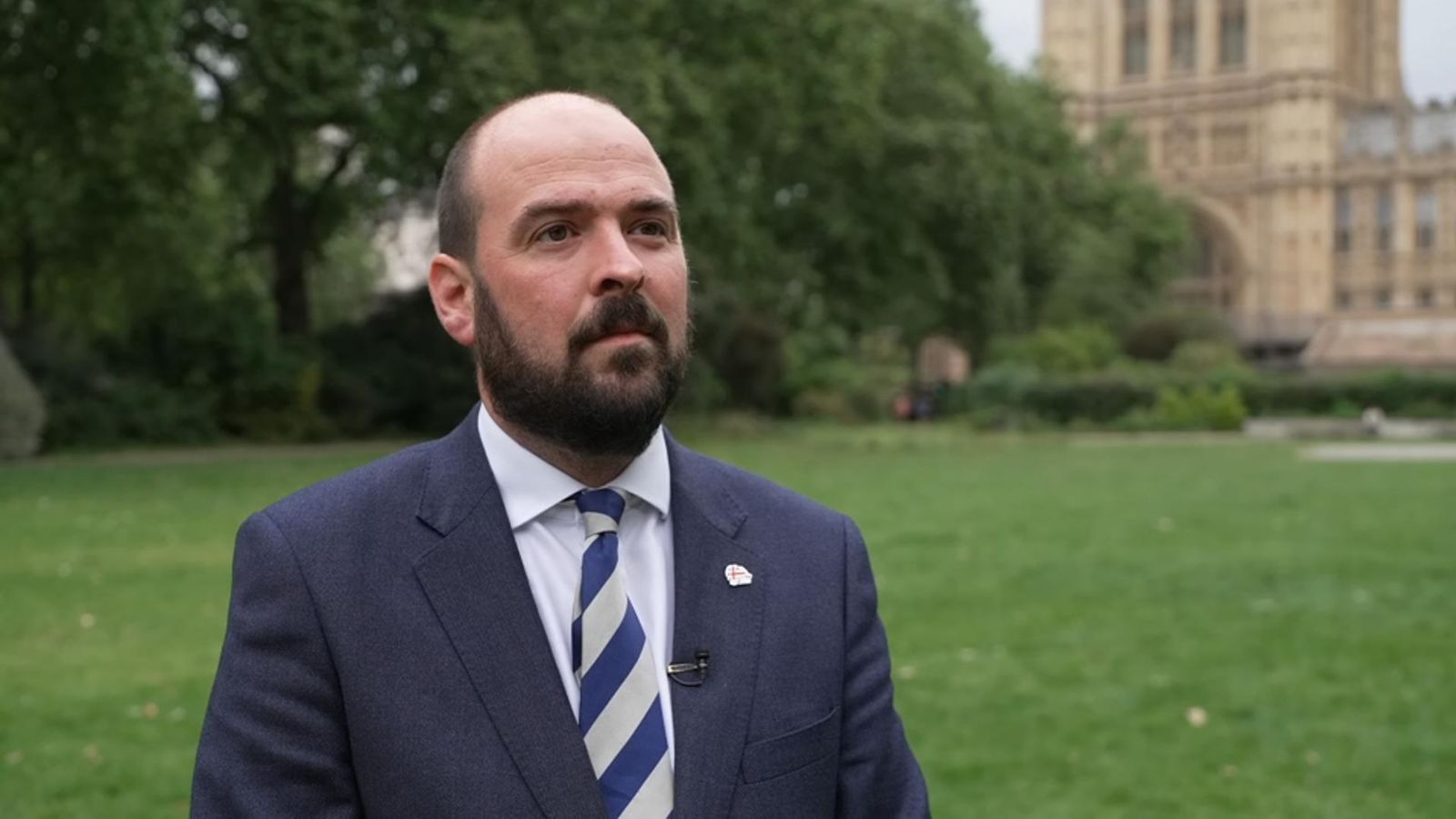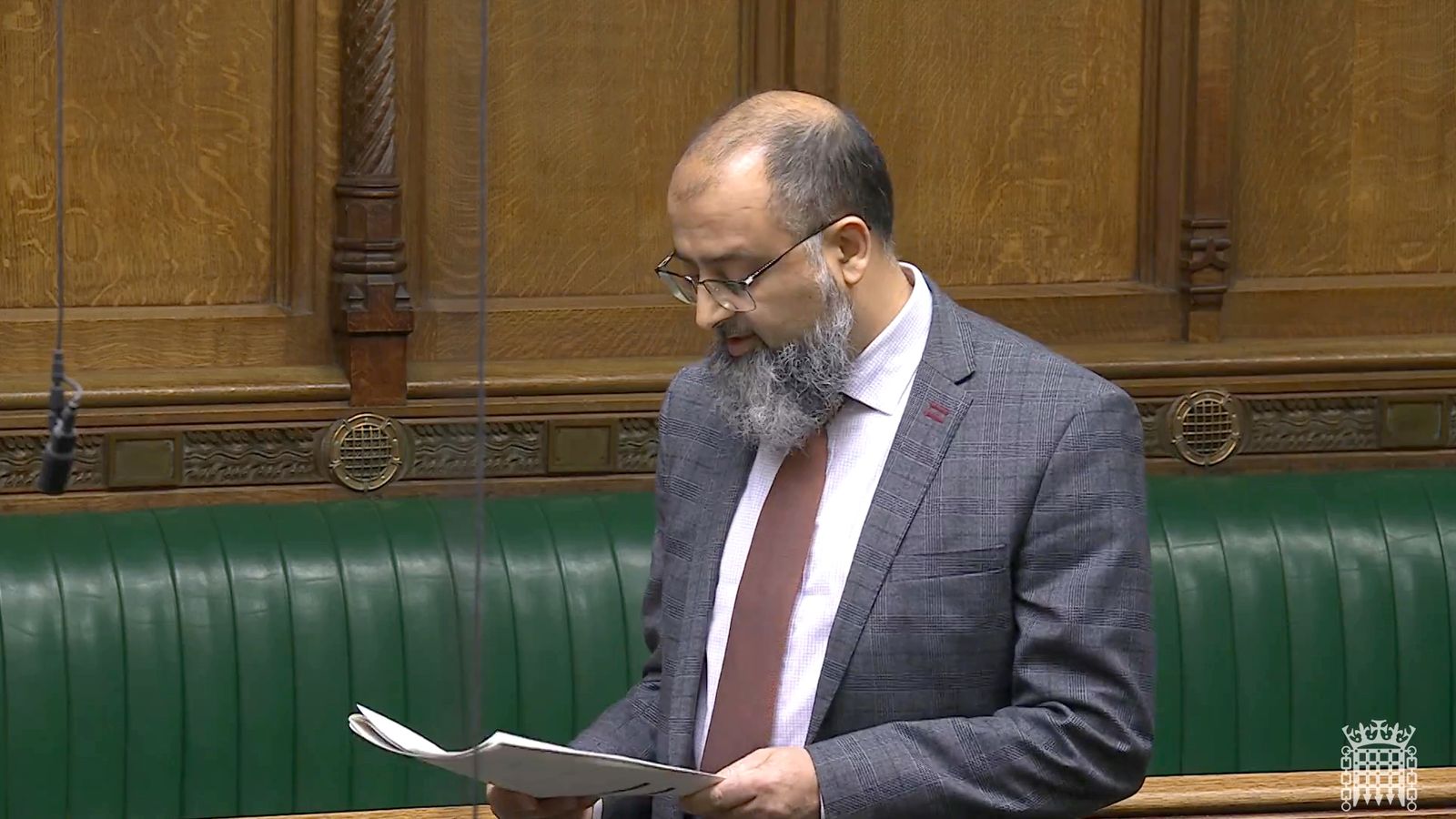UK Parliament Considers Banning First-Cousin Marriages Over Health Risks and Cultural Implications
First-cousin marriages account for nearly 20% of unions globally, with concentrated prevalence in South Asia, the Middle East, and parts of Africa

A renewed debate on the legality of first-cousin marriages has sparked controversy in the UK Parliament. Conservative MP Richard Holden has proposed banning such unions, citing significant health risks to offspring and broader societal concerns.
However, Independent MP Iqbal Mohamed has opposed the move, arguing that a ban would be ineffective and counterproductive, suggesting education and genetic screening as more viable solutions.

Holden’s proposed Marriage (Prohibited Degrees of Relationship) Bill aims to amend legislation prohibiting marriage between closer relatives, such as siblings or parents, but allows unions between first cousins. He argued that the children of such marriages face nearly double the risk of serious congenital disorders, a public health issue he deems pressing.
“Women and girls living under a clan mentality often know the scientific risks of first-cousin marriage, but make considered social and cultural calculations,” Holden said.
He also raised concerns about restrictive cultural practices, stating, “Strict honor codes, where expressions of individuality can be subject to social isolation, violence, and even death, dominate thinking.”
According to Holden, such unions are “not really conducive to modern British society,” impacting women's freedoms and reflecting broader issues in societal values.
The proposal targets communities where first-cousin marriage is more prevalent, including British Pakistanis and Irish travelers, with rates ranging between 20% and 40%. Holden emphasized, “It’s about more than one marriage. It’s about the values and foundations of our society and our democracy.”

Opposing the bill, MP Iqbal Mohamed acknowledged the health risks but criticized the proposed legislative approach. “The way to redress this is not to empower the state to ban adults from marrying each other, not least because I don’t think it would be effective or enforceable,” Mohamed said.
Instead, he advocated for health education programs and advanced genetic screening similar to those implemented in Gulf Arab countries.
Highlighting the cultural context, Mohamed said cousin marriages remain “extremely common” in the Middle East, South Asia and among sub-Saharan African populations, often perceived as strengthening family bonds and providing financial stability.
“Instead of stigmatizing those in cousin marriages or those inclined to be, a much more positive approach would be to facilitate advanced genetic test screening for prospective married couples,” he added.
The government, however, appears to have no immediate plans to amend marriage laws. A Downing Street spokesperson stated, “The government has set out its priorities,” leaving Holden’s bill unlikely to progress without broader support.
As the debate continues, the discussion has revealed a deeper divide between public health priorities, cultural norms and legislative efficacy. While Holden stresses the need to align societal values with modern standards, Mohamed’s approach underscores the importance of education and autonomy over blanket bans.
